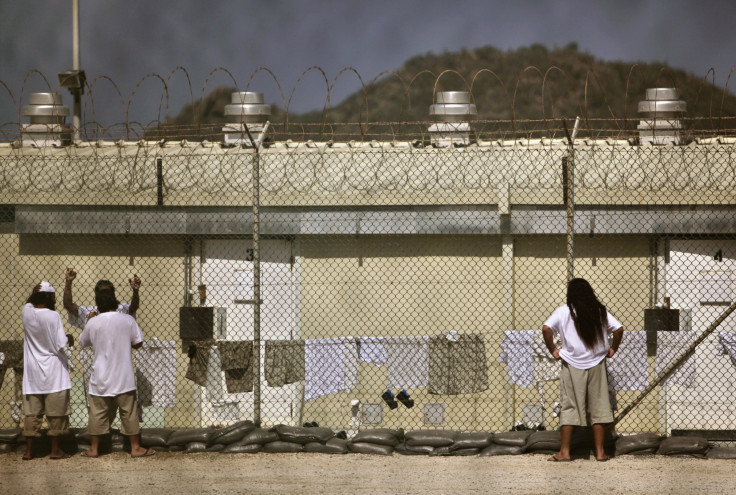CIA Torture Report Poll: Half Of Americans Say Enhanced Interrogation Was 'Justified'

More than half of all Americans believe that the CIA was "justified" in its use of torture and brutal interrogation techniques against suspected terrorists in the wake of the Sept. 11, 2001, terror attacks, according to a new poll. The report by the Pew Research Center found only 29 percent believe the tactics were "not justified" and 20 percent are undecided.
The Pew study was published Monday, one week after the release of a blockbuster Senate report on the CIA's interrogation practices that concluded the program was far more brutal than had previously been publicly known. The poll reveals that 43 percent of the public believe the torture report should never have been released, while 42 percent think releasing it was the right decision and 15 percent are undecided on the issue. Roughly 56 percent of respondents believe torture provided intelligence that prevented terror attacks, while 28 percent did not and 16 percent were undecided.
The heavily redacted Senate Intelligence Committee report has reignited controversy over the use of torture following the 9/11 attacks. It revealed previously unknown details about the CIA's interrogation practices, including that interrogators resorted to "rectal hydration" and "rectal feeding," that they forced detainees to stand despite having broken feet, that a prisoner lost his eye while detained and that two detainees nearly drowned during repeated waterboarding sessions.
The poll comes to similar conclusions about the public's opinions about the use of torture as a similar, separate survey released Monday by CBS News that found that 49 percent of Americans believe the use of waterboarding and other "aggressive interrogation techniques" can be justified "to get information from a suspected terrorist," while 36 percent said it is "not justified. Both polls were based on interviews conducted between Dec. 11 and Dec. 14.
The Pew poll shows stark divides on views about torture between different demographic groups. Republicans overwhelmingly believe torture can be justified by a margin of 76 to 12 percent, while Democrats believe it is not justified by a margin of 46 to 37 percent. Whites say it can be justified by a margin of 57 to 26 percent, while blacks see a 42 to 38 percent margin and Hispanics see a 43 to 30 percent margin. While men believe torture can be justified by a 57 to 28 percent margin, the margin is just 46 to 30 percent among women.
But not everyone agrees with the conclusions many observers draw about Americans' attitudes on torture based on such polls. Richard Eichenberg, an associate professor of political science at Tufts University in Medford, Massachusetts, has said that a similar poll conducted by Pew in 2011 was misleading because its premise was flawed.
“First, the poll is based on a false premise, in that it says to the survey respondent that torture is used to get important information, while we now know from the [Senate’s report on the CIA program] that most of what you get is false information,” Eichenberg said at the time. “Second, the Pew poll offers just four responses, three of which endorse torture, at least in part. So basically you are stacking the cards in favor of torture by three to one.”
Americans have supported torture for years. A 2011 CBS poll revealed that 45 percent of Americans said that waterboarding -- a tactic officially deemed "torture" by the International Committee of the Red Cross earlier this year -- can be justified, while 40 percent of respondents to a 2007 CNN poll said that waterboarding is justifiable. The 2007 poll reported that 69 percent of those polled considered waterboarding to be torture at the time.
The Pew poll was based on cellphone and land-line telephone interviews in both English and Spanish carried out among a nationwide sample of 1,001 adults by interviewers at Princeton Data Source.
© Copyright IBTimes 2025. All rights reserved.




















